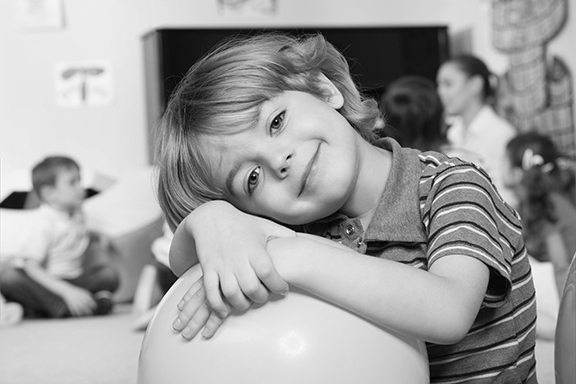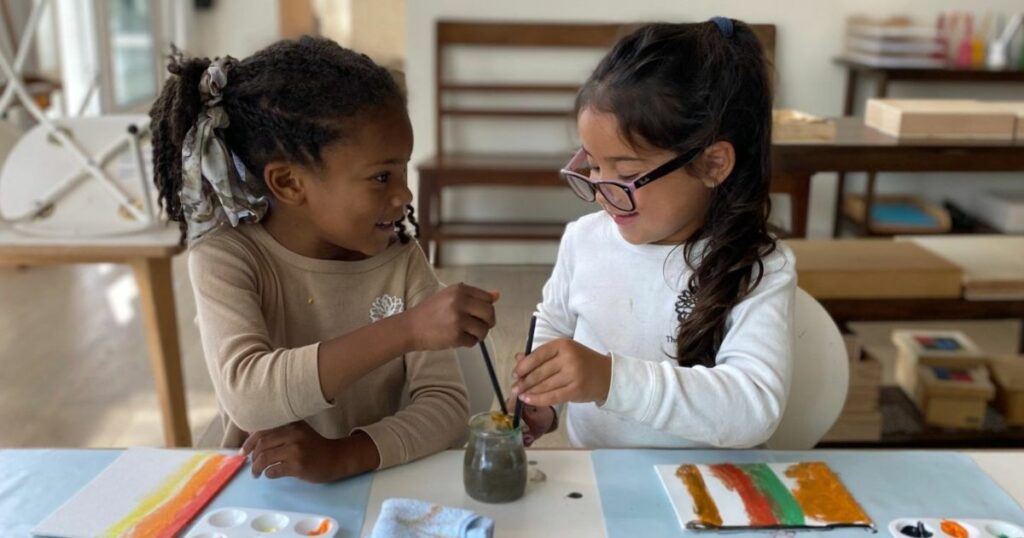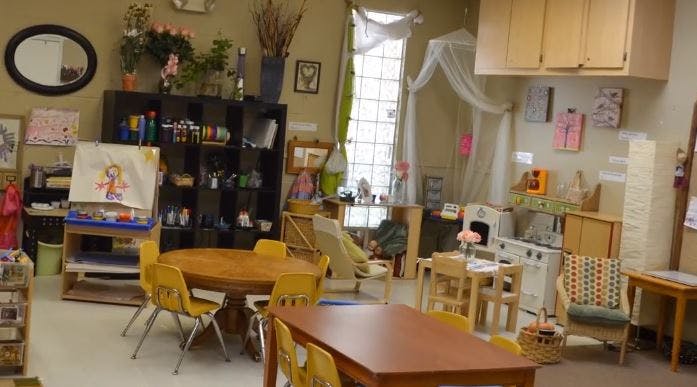The Montessori Philosophy: A Foundation for Life
At its core, Montessori education is built upon a solid foundation of values and principles that are specifically designed to foster lifelong success. The approach emphasizes respect for each child’s individuality, fosters a love for learning, and nurtures essential life skills that are directly applicable to the real world.
Montessori classrooms are carefully prepared environments that promote independence, self-discipline, and critical thinking. Children are encouraged to explore their interests, make choices, and take responsibility for their learning. These fundamental aspects of Montessori education empower children with the necessary skills and mindset to navigate the challenges of the real world.
Self-Directed Learning: The Key to Real-World Success
In a Montessori classroom, children are active participants in their education. They engage in self-directed learning, where they have the freedom to choose their activities based on their interests and developmental needs. This approach prepares children for the real world by instilling a sense of autonomy, self-motivation, and a love for lifelong learning.
Through self-directed learning, children develop vital skills such as time management, goal setting, and problem-solving. They learn to make decisions, explore their passions, and take ownership of their education. These skills are essential for success in the real world, where individuals must be adaptable, self-motivated, and capable of pursuing their goals independently.
Hands-On Experiences: Bridging Theory and Practice
In the Montessori classroom, learning is not limited to textbooks and lectures. Instead, children engage in hands-on experiences that bridge the gap between theory and practice. Montessori materials are meticulously designed to promote concrete understanding and facilitate the development of critical thinking skills.
Through manipulative materials, children explore concepts in mathematics, language, science, and cultural studies. They develop problem-solving abilities, spatial awareness, and a deep understanding of abstract concepts. By engaging in practical, hands-on experiences, children acquire the skills necessary to apply their knowledge effectively in real-world situations.
Collaboration and Social Skills: Thriving in a Connected World
In today’s interconnected world, the ability to collaborate and communicate effectively is of utmost importance. Montessori education recognizes the significance of social development and provides ample opportunities for children to engage in collaborative activities.
Montessori classrooms promote a culture of respect, empathy, and cooperation. Children work together on projects, engage in group discussions, and learn to value diverse perspectives. These experiences foster the development of essential social skills such as active listening, effective communication, and teamwork.
Critical Thinking and Problem-Solving: Essential Skills for the Real World
The Montessori approach encourages children to become critical thinkers and problem solvers. By presenting open-ended challenges and encouraging exploration, Montessori education stimulates children’s natural curiosity and develops their analytical thinking abilities.
In the real world, critical thinking and problem-solving skills are highly sought-after attributes. Montessori education
cultivates these skills by encouraging children to think independently, explore multiple solutions, and evaluate their effectiveness. This approach equips children with the confidence and resilience needed to tackle complex problems and adapt to the rapidly changing demands of the modern world.
A Global Perspective: Thriving in an Interconnected Society
Montessori education emphasizes the importance of global awareness and cultural understanding. In today’s interconnected society, individuals must navigate diverse cultures, perspectives, and global challenges. Montessori classrooms integrate cultural studies, geography, and history to foster a broad worldview and cultivate respect for different cultures.
By engaging with the world through a global lens, Montessori-educated children develop empathy, cultural sensitivity, and a sense of responsibility towards the global community. These qualities are crucial for success in the real world, where collaboration and understanding across cultural boundaries are increasingly important.
Leadership and Independence: Building the Future Leaders
Montessori education places a strong emphasis on nurturing leadership qualities and fostering independence. Children are encouraged to take responsibility for their learning, make decisions, and become self-reliant individuals.
Through opportunities for leadership within the classroom, such as mentoring younger peers or organizing activities, Montessori students develop invaluable leadership skills. They learn to communicate their ideas, take initiative, and inspire others. These qualities empower them to become confident, independent thinkers and prepare them to become future leaders in their chosen fields.
Adapting to a Changing World: Montessori’s Relevance Today
The Montessori education system has stood the test of time, continuously evolving to meet the needs of today’s world. Its principles and practices align with the skills and qualities demanded by employers and society at large.
In an ever-changing world, where technology advances rapidly and traditional career paths evolve, Montessori education equips children with transferable skills such as adaptability, creativity, critical thinking, and collaboration. These skills enable individuals to embrace change, think innovatively, and seize opportunities in an increasingly complex global landscape.
Preparing Your Child for the Real World with Montessori Education
Choosing Montessori education for your child is a transformative decision that lays the foundation for their success in the real world. By providing a nurturing, self-directed, and holistic learning environment, Montessori education equips children with the skills, mindset, and qualities needed to thrive in today’s dynamic society.
Through self-directed learning, hands-on experiences, collaboration, critical thinking, and a global perspective, Montessori prepares children to become adaptable, independent thinkers, and effective communicators. These qualities are the building blocks for success in the real world, empowering your child to embrace opportunities, overcome challenges, and make a positive impact in their personal and professional lives.
Invest in your child’s future with Montessori education and witness the transformative power it holds in preparing them for the real world.






